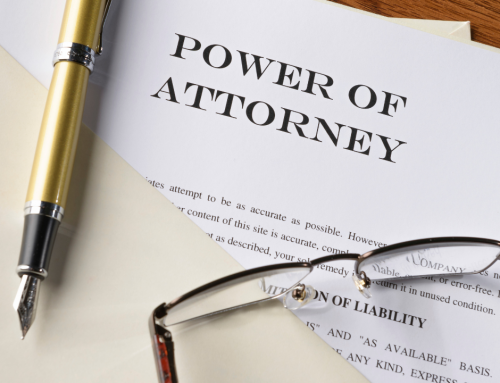Understanding the legal instruments available to manage one’s affairs in England can be daunting, especially when it comes to planning for a future where you may not be able to make decisions yourself. Two such instruments are the Enduring Power of Attorney (EPA) and Lasting Powers of Attorney (LPA). Though they may sound similar, they serve different purposes and are governed by different regulations under English law.

1. EPA vs LPA: Historical Context and Current Relevance
The Enduring Power of Attorney was introduced under the Enduring Powers of Attorney Act 1985. It allowed individuals to appoint someone (an attorney) to manage their financial affairs, particularly useful if they become mentally incapable. However, since October 1, 2007, it has not been possible to create a new EPA, as it was replaced by the more comprehensive Lasting Powers of Attorney. But, EPAs made before this date are still valid and can be registered and used, provided the donor (the person who made the EPA) has lost or is losing mental capacity.
2. EPA vs LPA: Their Scope and Functionality
The scope of EPAs is more limited compared to LPAs. An EPA only covers financial decisions, such as managing bank accounts, paying bills, and selling property. It does not cover health and welfare decisions. In contrast, LPAs, established under the Mental Capacity Act 2005, are divided into two types: Property and Financial Affairs LPA, and Health and Welfare LPA. The former allows the attorney to manage the donor’s property and financial affairs, while the latter empowers them to make decisions about healthcare, living arrangements, and life-sustaining treatment, but only when the donor loses mental capacity.
3. EPA vs LPA: The Registration Process
A significant difference lies in the registration process. An EPA can be used without being registered as long as the donor has mental capacity. However, once the donor starts losing mental capacity, it becomes mandatory to register the EPA with the Office of the Public Guardian (OPG). For LPAs, registration with the OPG is compulsory before they can be used, regardless of the mental state of the donor. This requirement ensures that the LPA is scrutinised by a government body, adding a layer of protection for the donor.
4. EPA vs LPA: The Safeguards and Legal Protections
LPAs offer more robust safeguards compared to EPAs. For instance, when creating an LPA, the donor must have a certificate provider, a person who confirms that the donor understands the LPA and is not under duress to create it. This process is designed to protect the donor from coercion or abuse. In contrast, the EPA does not have such a requirement, making it potentially less secure.
5. EPA vs LPA: Flexibility and Control
LPAs also provide more flexibility and control. The donor can appoint multiple attorneys and specify how they should work together, either ‘jointly’ (making all decisions together) or ‘jointly and severally’ (where they can act together or independently). The donor can also provide guidance and impose restrictions on how the attorney should carry out their duties. These features are not as pronounced in EPAs.
EPAs vs LPAs – Which Should I choose?
The shift from EPAs to LPAs reflects a broader understanding of the complexities of managing one’s affairs, both financially and in terms of health and welfare. While EPAs are still relevant for those created before October 2007, LPAs offer a more comprehensive, flexible, and secure way of planning for the future. It’s crucial for individuals to understand these differences and seek appropriate professional advice to ensure that their wishes are effectively and safely managed.
In conclusion, both EPAs and LPAs serve vital roles in estate planning under English law. However, their differences in scope, legal protections, and flexibility make it essential for individuals to be well-informed about which option best suits their needs. As always, consulting with a legal professional specializing in this area is highly advisable for tailored guidance and peace of mind.






